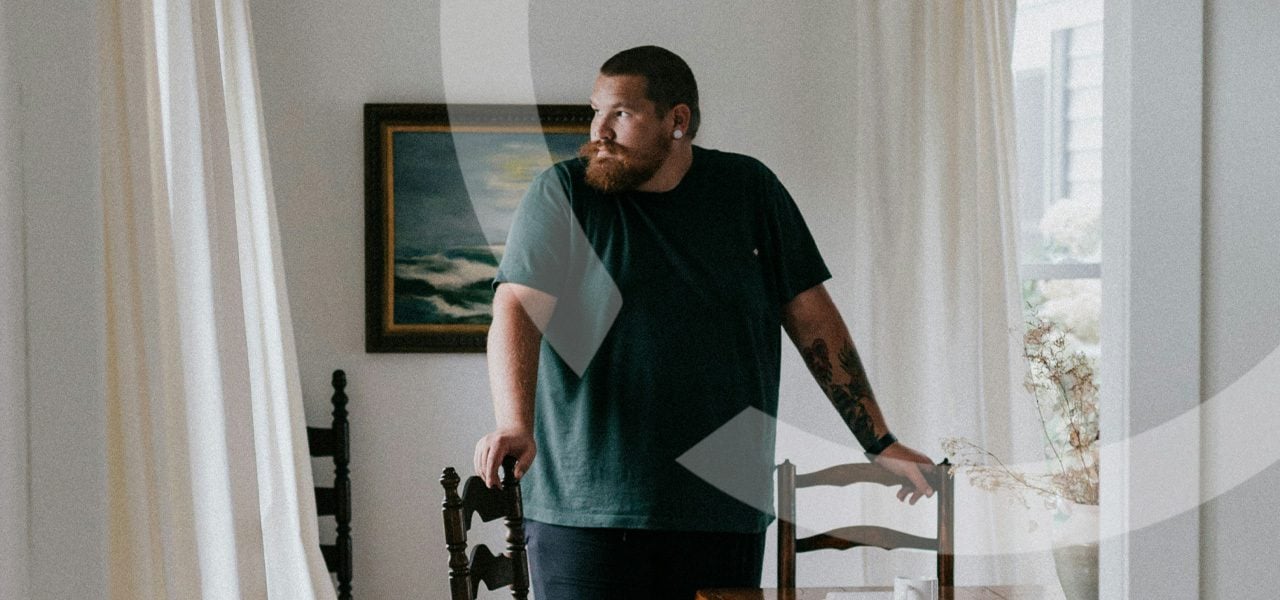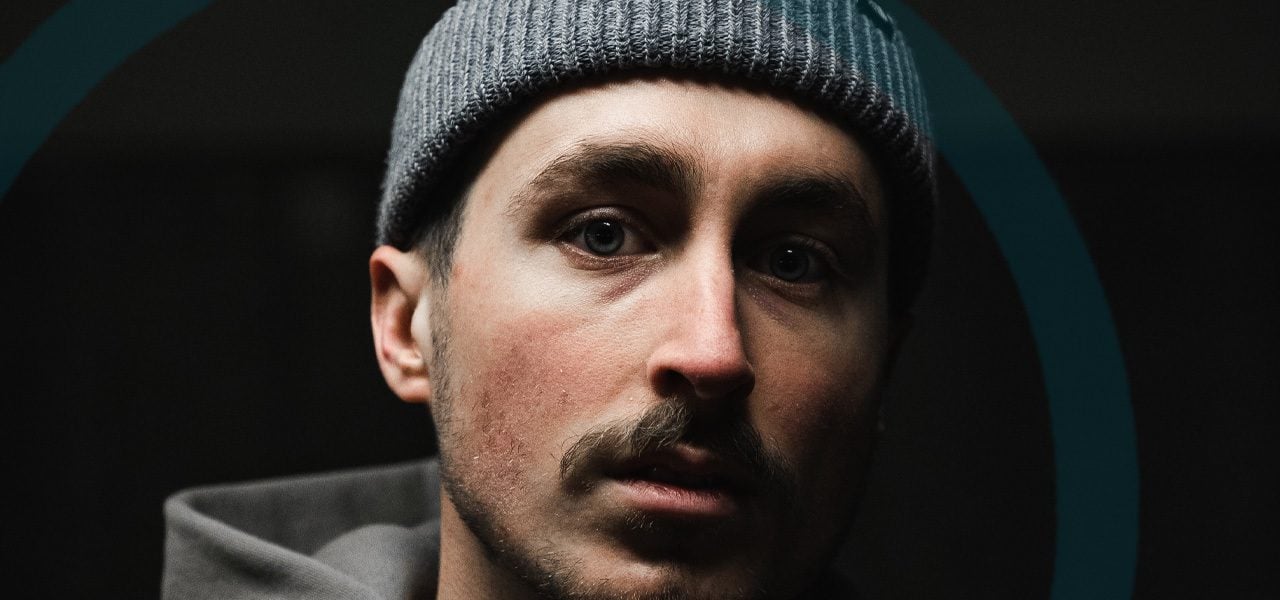EHN Blogs

Barriers to Treatment and How to Overcome Them
January 8, 2025
What’s stopping people from accessing treatment for substance use and mental health…

What is Binge Drinking?
October 8, 2024
When does having a few drinks with friends turn into binge drinking?…

The 6 Stages of Change Model
October 7, 2024
Recovery is a journey, not a race. While the thought of a…

14 Ways to Quit Drinking and Live a Healthier Life
August 15, 2024
Understanding how to quit drinking alcohol is the first step on your…

Alcohol Detox: A Guide To Detoxification & Withdrawal Symptoms
March 22, 2024
The more people drink, the more tolerant their body becomes to the…

7 Reasons to Choose EHN Bellwood Toronto
March 15, 2024
Deciding to get help for addiction or a mental health disorder is…

Differences Between Alcohol and Opioid Use Disorders
March 8, 2024
Understanding the differences between alcohol use disorder and opioid use disorder requires…

Understanding Cocaine Addiction: Signs, Side Effects & Treatment
March 1, 2024
Although the use of cocaine in Canada is low among adults –…

Eating Disorders More Than Skin Deep
March 1, 2024
The origins of eating disorders run deeper than vanity. So, what’s behind…

A new home on the Ranch
December 12, 2023
EHN Edgewood Rockies Executive Director shares his passion, insight, and hopes for…

What is an Virtual Intensive Treatment Program (VITP)?
November 3, 2023
A Q&A about EHN Online’s virtual programs to treat addiction and mental…

Finding His Calling
September 26, 2023
Gateway Executive Director Shawn Carter turns a lifelong passion for care into…

Online and On the Road to Recovery
September 8, 2023
For father, husband, and business owner Dylan, virtual treatment was the perfect…

Mother, Leader, Healer
July 24, 2023
By Jeff Vircoe Edgewood’s Executive Director Carrie McVeigh sees a much higher purpose in her…

Mixing science and spirituality
July 7, 2023
By Jeff Vircoe Edgewood’s Clinical Director Joel Hughes has been inspiring recovery…